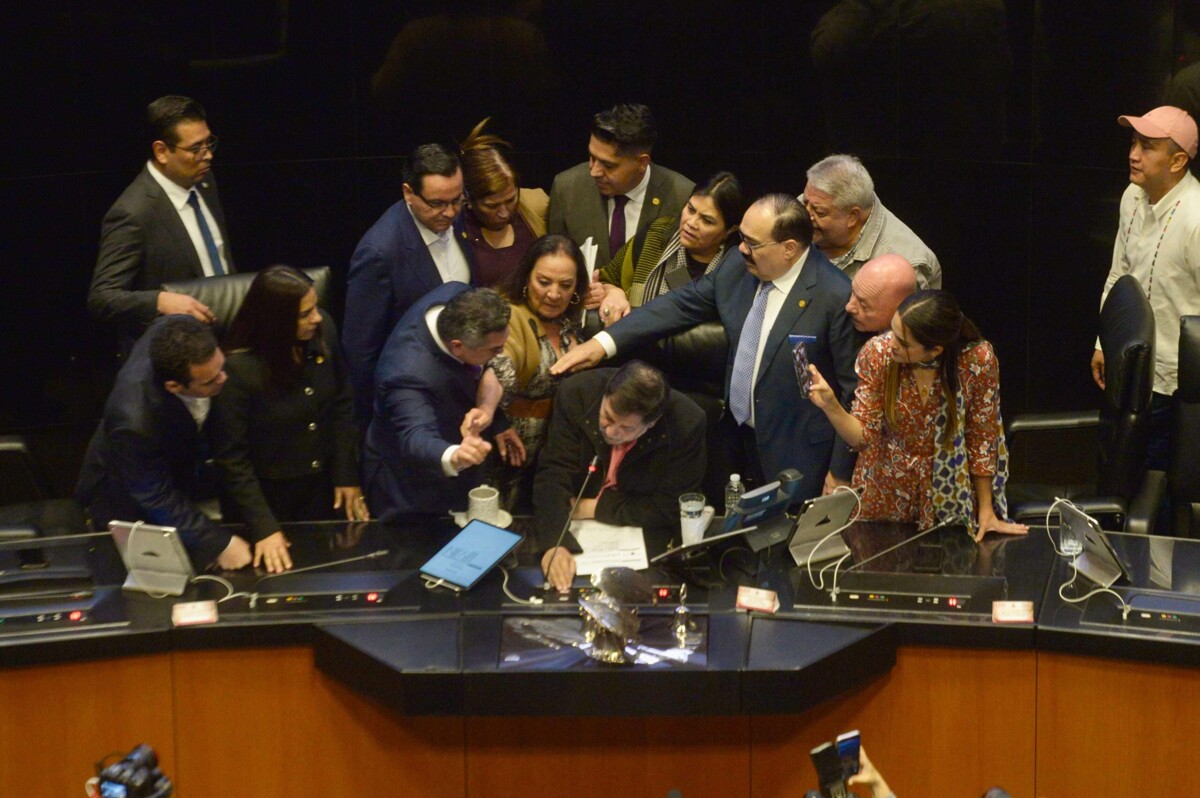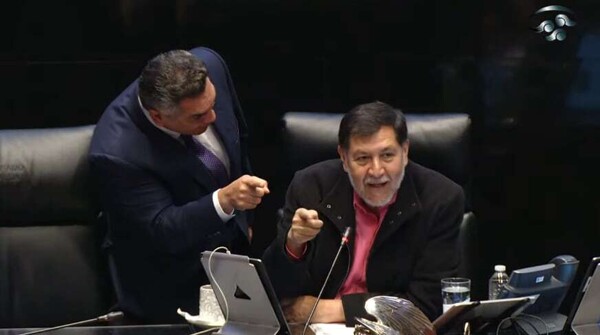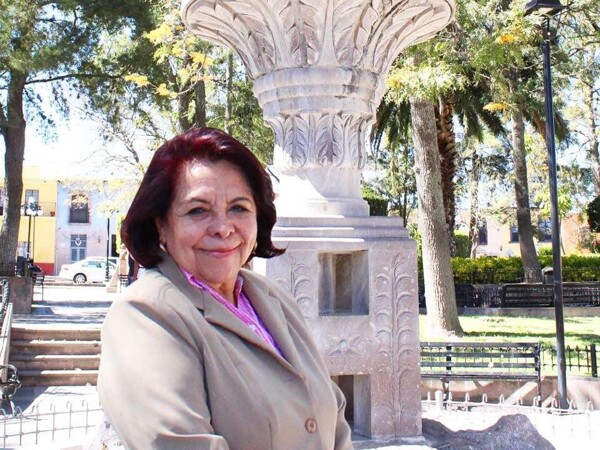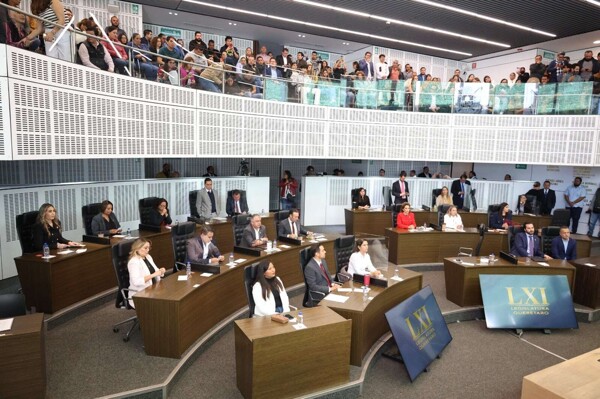
In Mexico, the tension between the Executive and Judicial Branch has reached a critical point. Judge Karina Ibarra accused the magistrate of the Electoral Tribunal, Felipe de la Mata, of being a "traitor to the Homeland" for allegedly paving the way for the supermajority of Morena and its allies in Congress.
The Supreme Court of Justice of the Nation is preparing to make a crucial decision on the constitutionality of the judicial reform that was incorporated into the Constitution. Experts warn that these modifications driven by the supermajority in Congress limit dissent and open the door to a possible authoritarian regime.
The judicial reform, in practice, is granting exceptional powers to the Chamber of Deputies, which will be under the control of an unprecedented majority over the next three years. This situation poses a scenario where the Legislative does not act as an independent power, but as an extension of the Executive.
Disputes between the Executive and Judicial powers have ceased to have a legal basis and have turned into a political battle. There is an evident clash of powers with mass resignations in the Judicial Branch and mutual accusations of unconstitutionality.
The political landscape in Mexico has become uncertain, with changing interpretations of the law and power struggles. Politics intertwines with justice in a complex scenario where legality is questioned. This context poses an unprecedented challenge for democracy in the country.
Meanwhile, in Guerrero, positive results are reported with the implementation of the Violet Alert, a protocol led by Governor Evelyn Salgado to prevent and combat gender violence. In parallel, uncertainty surrounds the elections in the United States, which will determine who will occupy the White House for the next four years.














